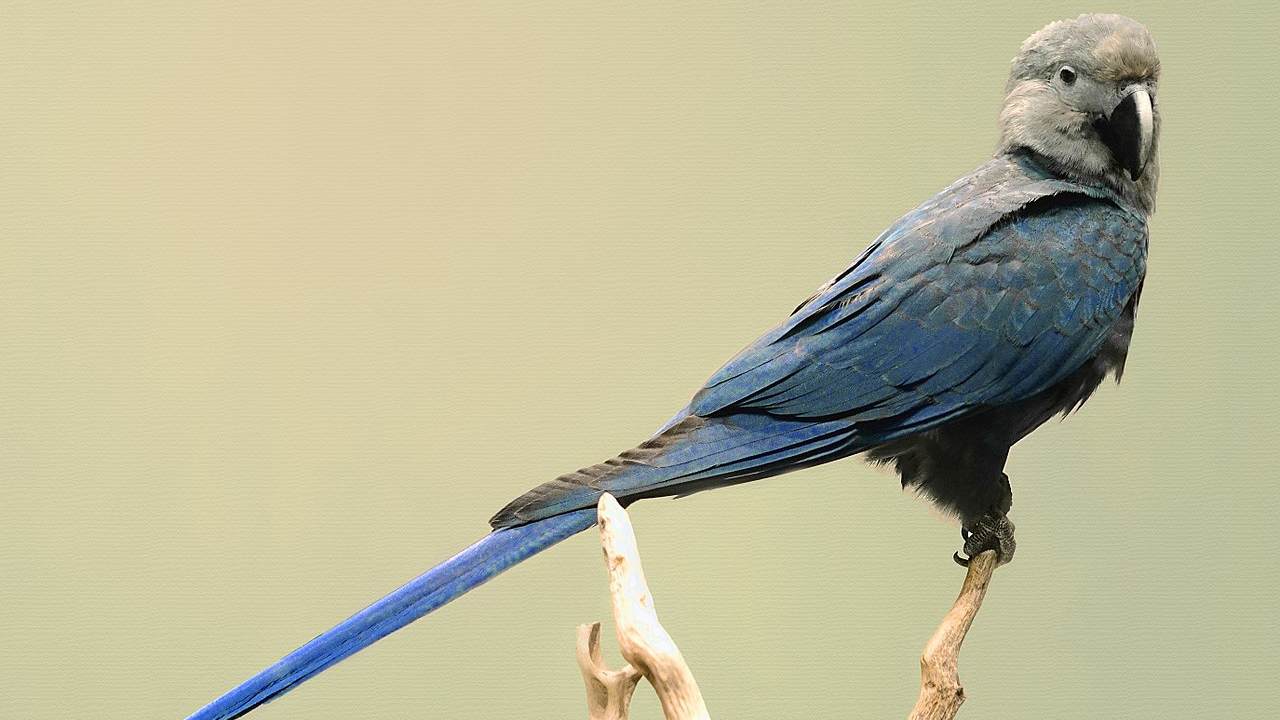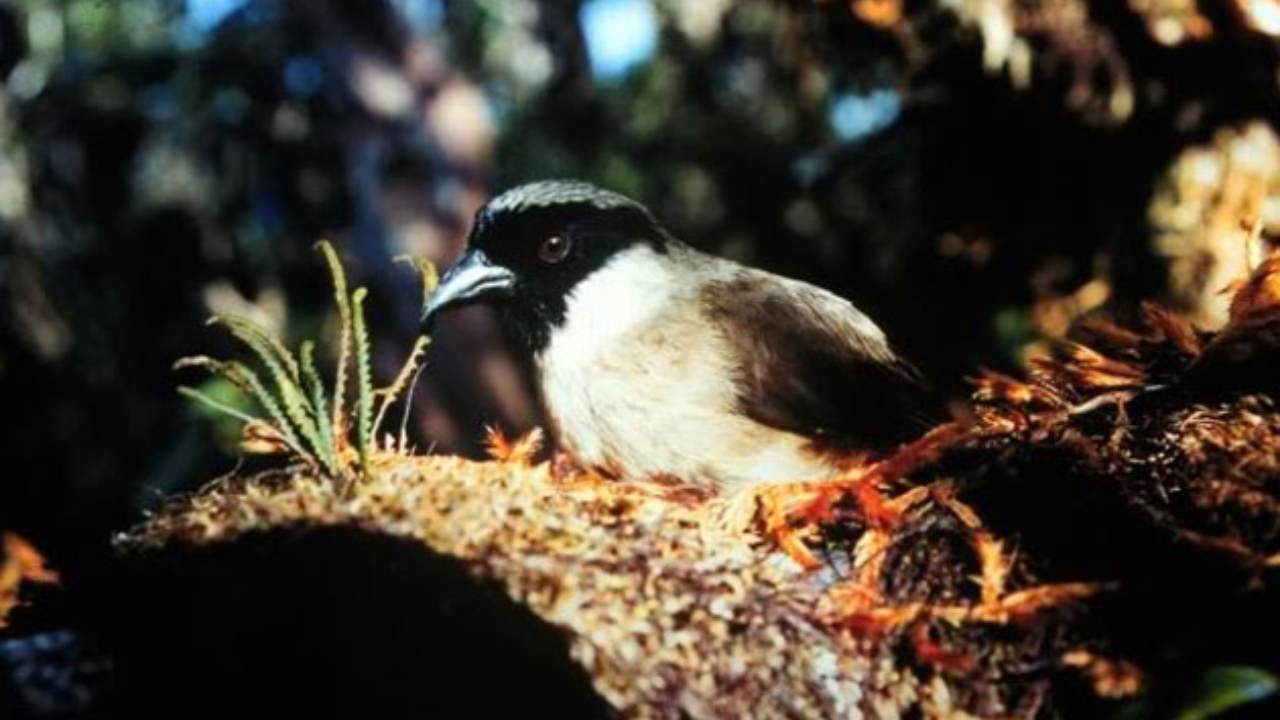In what could be the first wave of
avians
to be wiped out in the 21st century, researchers have reportedly declared eight species of birds, are in all likelihood, extinct in the wild. Among the allegedly wiped-out are five bird species endemic to South America, a study by
BirdLife
International
reports
in the journal Biological Conservation. Species like the iconic
Spix’s Macaw
(popularly featured in the movie Rio), the cryptic treehunter, the Pernambuco pygmy-owl, the Alagoas foliage-gleaner, the poo-uli also known as the black-faced honeycreeper, and the glaucous macaw have now been tagged ‘extinct’ in the study’s findings. [caption id=“attachment_5128101” align=“alignnone” width=“1280”] The Spix’s Macaw. Image courtesy: Wikimedia Commons[/caption] The five new extinctions occurring in South America have been attributed by scientists to deforestation. Four species among these were found in Brazil. The analysis cites illegal logging of trees, felling of plantations and pasture and diminishing woodland areas in South America as the likely causes for many of these species. Researchers analysed 61 species in the IUCN
Red list
using six different statistical tools to determine which of them qualify as ‘potentially extinct’ and ’extinct’. The study also cites reasons for the 187 extinctions that have occurred since documentation of species began back in the 1500s. Most of them were found to be threatened by other species in the enclosed, island-like habitats that they are found in. Quarter of the extinctions were linked to hunting and trapping by human hands. [caption id=“attachment_5128201” align=“alignnone” width=“1280”]
The Spix’s Macaw. Image courtesy: Wikimedia Commons[/caption] The five new extinctions occurring in South America have been attributed by scientists to deforestation. Four species among these were found in Brazil. The analysis cites illegal logging of trees, felling of plantations and pasture and diminishing woodland areas in South America as the likely causes for many of these species. Researchers analysed 61 species in the IUCN
Red list
using six different statistical tools to determine which of them qualify as ‘potentially extinct’ and ’extinct’. The study also cites reasons for the 187 extinctions that have occurred since documentation of species began back in the 1500s. Most of them were found to be threatened by other species in the enclosed, island-like habitats that they are found in. Quarter of the extinctions were linked to hunting and trapping by human hands. [caption id=“attachment_5128201” align=“alignnone” width=“1280”] A Po’ouli in happier times. Image courtesy: US Fish and Wildlife Service[/caption] “However, our results confirm that there is a growing wave of
extinctions
sweeping across the continents, driven mainly by
habitat loss
and degradation from unsustainable
agriculture
and
logging
,” Dr Stuart Butchart, BirdLife’s Chief Scientist and lead author on the paper said in a
press release
. The only one of the species with some hope of survival in the wild is the
Spix’s Macaw
, 60-80 birds of which are still being bred in captivity. While they were driven to extinction by human factors like the building of dams and trapping for trade, there is still an opportunity to clone and revive these birds in wild populations. The researchers also recommend their method of analysis as a robust one to estimate
extinction rates
, and reclassify the remaining species of animals on the Red List.
A Po’ouli in happier times. Image courtesy: US Fish and Wildlife Service[/caption] “However, our results confirm that there is a growing wave of
extinctions
sweeping across the continents, driven mainly by
habitat loss
and degradation from unsustainable
agriculture
and
logging
,” Dr Stuart Butchart, BirdLife’s Chief Scientist and lead author on the paper said in a
press release
. The only one of the species with some hope of survival in the wild is the
Spix’s Macaw
, 60-80 birds of which are still being bred in captivity. While they were driven to extinction by human factors like the building of dams and trapping for trade, there is still an opportunity to clone and revive these birds in wild populations. The researchers also recommend their method of analysis as a robust one to estimate
extinction rates
, and reclassify the remaining species of animals on the Red List.
Eight bird species were wiped out this decade and likely extinct, finds new study
tech2 News Staff
• September 6, 2018, 18:14:34 IST
Nearly quarter of the extinctions were linked to hunting and trapping by human hands.
Advertisement
)
End of Article